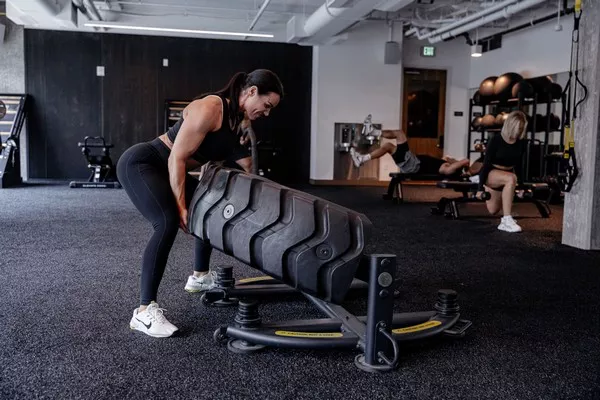The Food and Drug Administration (FDA) is preparing to grant approval for updated versions of Covid boosters, potentially as early as this Friday, as informed by four sources familiar with the agency’s plans.
These latest booster shots have been specifically designed to address the XBB.1.5 omicron subvariant. While this particular strain is no longer the predominant one, the boosters are expected to offer protection against the currently circulating subvariants, which share close genetic ties, according to statements from pharmaceutical companies and experts.
It is worth noting that the precise timing of the FDA’s authorization may not be set in stone and could extend into early next week, according to two of the sources.
This timeline has sparked concerns among some medical professionals who believe that federal health agencies are moving too slowly with the booster rollout, particularly as Covid cases and hospitalizations are on the rise once more.
Furthermore, two sources have suggested that the FDA is exploring the possibility of granting these boosters full approval licenses rather than relying on emergency use authorizations, which have been the norm for previous Covid vaccine approvals. However, it remains unclear whether this is the definitive course of action.
Following the FDA’s approval, the Centers for Disease Control and Prevention (CDC) and its advisory committee will provide their recommendations regarding who should receive these booster shots and the guidelines for their administration. The CDC’s Advisory Committee on Immunization Practices is expected to vote during a scheduled meeting on Tuesday. Dr. Mandy Cohen, the director of the CDC, may give her approval for the boosters shortly after the meeting, allowing vaccination efforts to commence.
According to data shared by government officials, approximately 97% of adults have some degree of protective immunity against Covid. Nevertheless, as immunity from prior infections and vaccinations wanes over time, officials aim to bolster protection, especially as people spend more time indoors during the fall and winter months.
In a noteworthy departure from previous practice, the cost of these booster shots will not be covered by the federal government. Pfizer and Moderna have indicated a list price ranging from $110 to $130 per dose for the vaccines.
The ability to receive these shots and associated costs will depend on an individual’s insurance coverage, explained Jennifer Kates, the director of the Global Health & HIV Policy Program at KFF, a nonprofit health policy organization. Most individuals with private and public health insurance are expected to continue paying nothing out of pocket for the vaccines. However, getting the vaccine out of network could entail a cost.
For those without insurance, some may access free boosters from safety net providers like community health centers, while others may be responsible for the full expense. The Biden administration has also introduced a “bridge” program, aiming to provide uninsured individuals with access to free boosters through at least the end of 2024.
It’s important to note that Novavax’s vaccine, which has not yet received full FDA approval but is available through emergency use authorization, will continue to be covered, as confirmed by Kates.

































